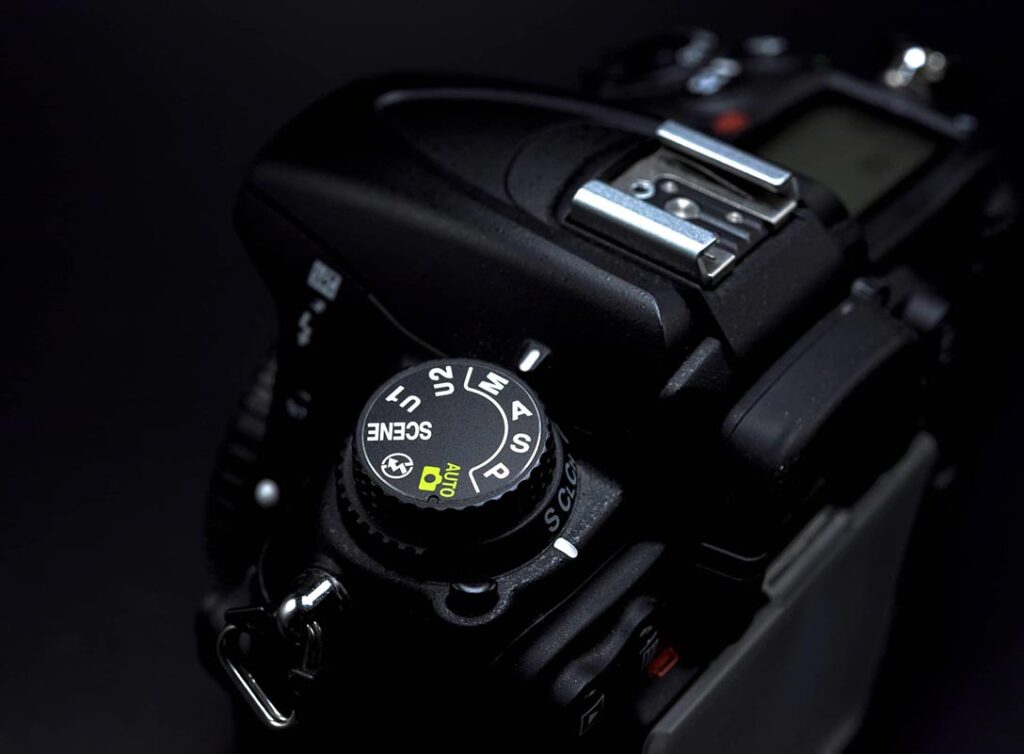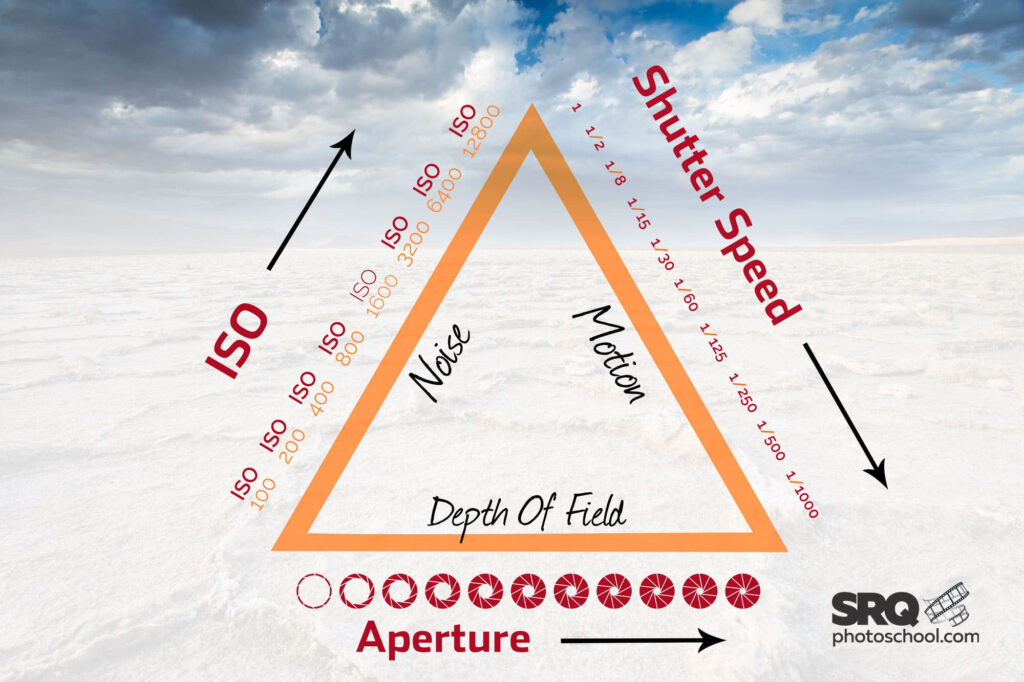Like any art form, photography is not a finite skill. In fact, I’ve been shooting commercially and teaching for almost three decades and I’m still learning every day. Here is a short list of my top tips for new and aspiring photographers compiled from experience. It may not be what you expect.
- The Right Camera. Make sure your equipment matches your photographic interests, level of enthusiasm, technology threshold, desired outcome and most of all what you intend to do with the images. If for example your images never leave the realm of Instagram, your phone may be all you need. Don’t purchase a camera to “grow into” it will just intimidate you and will be obsolete before can fully take advantage of its capabilities.
- Read the Manual. I can’t stress this enough. Here, I’ll put it another way, read the manual. OK, you don’t have to actually read every page of it, but if you take a chapter a day you will know exactly what your camera is capable of doing as well as where the answers may be to your questions as they come up. I have over 30 years of commercial experience and I still keep a PDF on my phone of every current camera body I use including other photographic tools like drones, GoPros etc.

- Keep Your Camera on the Kitchen Counter. You probably visit the kitchen several times a day. If your camera is there kind of in the way, it will remind you that it is better to practice with it 5 minutes each day than all day on Saturday. Write questions that come up as you are shooting on a note pad so you can visit tip #2 or Google it! Once you become confident finding answers to your questions your photography and willingness to explore will increase exponentially.
- Be Playful. Shoot a bunch of things. It’s OK to shoot in AUTO mode right now. Shoot family members, pets, flowers and things in your kitchen and garage. Practice your composition.
- Look for Inspiration. OK now that you are starting to become a little more familiar with your camera, are becoming more familiar with the manual literally that has answers to 99% of the questions you may have — it’s time to kick it up a notch. If you like Orchids for example Go to Instagram or Google and search your favorite subject and BE INSPIRED BY THE WORK OF OTHERS. You will gravitate
- Develop a workflow. No image lives inside a phone or camera forever, and no great image is perfect right out of the camera. You’ll need to develop a process for evaluating the images you capture, downloading them from your camera, perhaps enhancing them somewhat, storing them somewhere to give you future access and sharing them with others.

- Learn the basics. Once you are comfortable with the camera, shooting JPG images on Auto mode and HAVING FUN, it’s time to learn the basic principles about photography so you can then forget all the technical stuff and concentrate on your subjects and composition. You see, once you learn the basics it will simply guide you in the background without thinking about it. But until you understand even at a very basic level how your camera works, you will never HAVE PREDICTABLE RESULTS and any great image you capture will be somewhat left to chance. Once you have mastered the basic concepts and understand that every camera no matter how much it costs does basically the exact same thing by allowing you to adjust (1) Aperture, (2) Shutter Speed and (3) ISO to create a correctly exposed image using the camera’s Light Meter as guide. Then all cameras allow you to (4) Focus on your subject in a variety of ways depending on your subject and desired outcome, (5) Manipulate light in your scene by adjusting the light meter or overriding it altogether and finally (6) Choose from a variety of shooting modes based on your individual preferences like shutter speed priority, aperture priority, manual, continuous and so on. The rest of what your camera does (and its a lot) is just fluff. These 6 things have been on all my cameras since the days of film and are still the primary dials on today’s most sophisticated digital cameras.
- Painting with light. This is literally the meaning of photography and should be your primary guide to help you choose what subjects and scenes will be most compelling. The light doesn’t really care what kind of camera you have. Picasso created timeless works of art with a pencil.
- Have a plan. Choose a subject, time to shoot and approach before you go out and try to capture it in “its best light”. You will be more prepared. Most great images don’t happen by accident or serendipity even though it may seem like it. I like to research the location online to get a heads up on interesting angles, an idea as to the best time of day, where to park, what lens to bring etc. I also like to “Google” images from that location to see what others have come up with. If however, you just like to carry gear around and grab “snapshots” of what you find interesting – go for it! Photography is all about breaking rules and best practices.
- Share your images. Like a great painting that nobody can see, photography is meant to be shared so have a plan. There are so many great places to make prints, cards, books as well as online forums like Instagram (my favorite). The feedback you get from others will be invaluable to your growth as a photographer.
_____
SRQ Photo School offers group photography workshops on a variety of subjects as well as private photography instruction specifically tailored to your individual needs and goals. Contact me for questions or to schedule a session.



